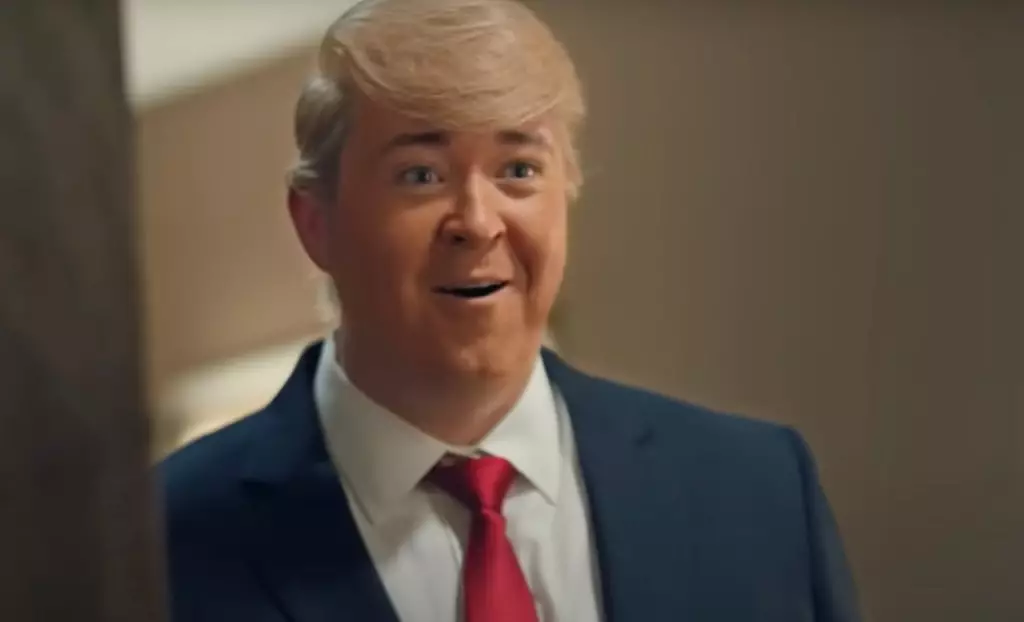The recent revelation that comedian Shane Gillis turned down the opportunity to impersonate Donald Trump for Saturday Night Live’s (SNL) 50th season has sent waves through the comedy and entertainment community. This decision reflects not just Gillis’s personal priorities but also highlights the evolving landscape of political satire in American media.
The Context of Political Impersonation
Political impersonation has long been a staple of late-night television, especially on SNL, where the portrayal of public figures can influence public perception and comedic value. Following Donald Trump’s transition from businessman to President and back to private citizen, the demand for a fresh take on his caricature has grown. When Lorne Michaels, the show’s creator, mentioned the necessity to “reinvent it,” the stage was set for the introduction of new talent. Gillis has already showcased his potential in this sphere, making his decision to step back more intriguing.
During a recent appearance at Skankfest, Gillis’s decision became public knowledge, raising eyebrows among audience members. Podcaster Luis J. Gomez highlighted the magnitude of this choice by emphasizing that Gillis would prioritize attendance at the festival, a gathering filled with unfiltered humor and entertainment, over taking on a role that could elevate his career further. When Gillis humorously recounted his conversation with Michaels, it illustrated both the allure of the SNL platform and the freedom of the festival environment that ultimately tugs at comedic artists’ hearts.
Historically, impersonations of Donald Trump on SNL have defined major seasons, with notable portrayals by Alec Baldwin and more recently, James Austin Johnson. Baldwin’s tenure began in 2016 and became emblematic of a particular era in American politics. He earned accolades, including an Emmy, solidifying Trump’s impersonation as a critical component of SNL’s charm. Johnson’s continuance of the role speaks to the texture of political humor that reflects the times we live in. The transition of impersonators allows audiences to engage with a constantly morphing political landscape through a comedic lens.
Gillis’s choice to forgo a potentially career-defining role urges a conversation about the pressures and challenges comedians face when balancing creative freedom against mainstream opportunities. The comedy circuit is evolving, and spaces like Skankfest represent a counter-culture to mainstream outlets, allowing comedians to explore raw, unapologetic humor without the constraints typically placed by network television.
In the end, Gillis’s refusal could signify a shift in how political humor is approached and developed. Whether the comedy world takes a new direction or retains the conventional methods, the dynamics of impersonation remain ever-changing as society’s expectations evolve. As audiences seek authenticity and relatability, the lines between traditional venues and alternative spaces will continue to blur, making each comedic choice an intriguing commentary on contemporary culture.

